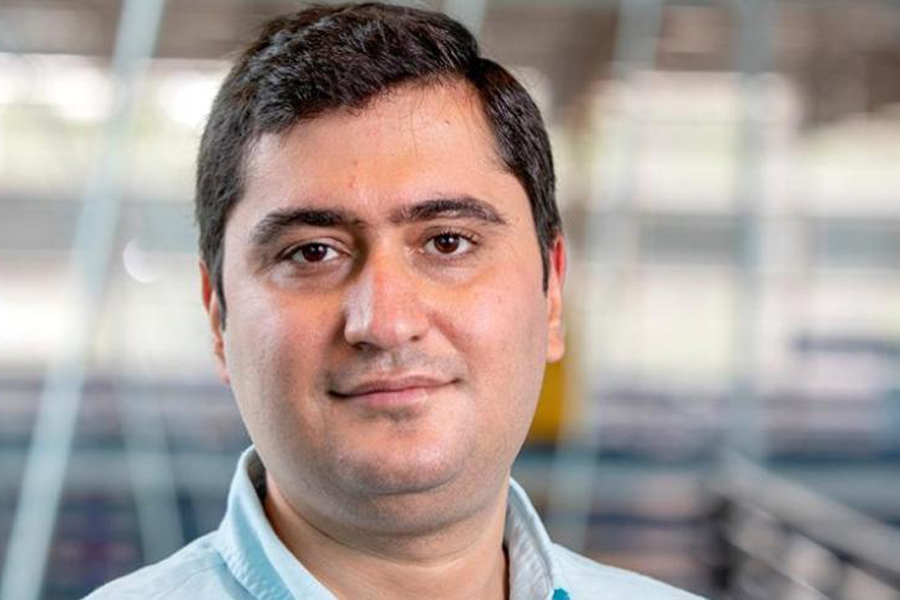
The National Academies of Sciences, Engineering, and Medicine awarded a FAMU-FSU College of Engineering faculty member a Gulf Research Program Early-Career Research Fellowship, which recognizes researchers who demonstrate exceptional leadership and promise for contributions to the fields of offshore energy system safety, community health or environmental stewardship.
Fellowship honoree Ebrahim Ahmadisharaf, an assistant professor in the college’s Department of Civil and Environmental Engineering and the Resilient Infrastructure & Disaster Response Center, or RIDER, focuses his work on predicting floods and nonpoint source pollution under a changing climate and land cover. His research supports decisions related to civil infrastructure design, flood mitigation and water pollution control.
“I’m very honored and thankful for the recognition of my work,” he said. “Through complex technical analyses and computational models, I hope this research will inform better decisions aimed at protecting human health and enhancing community resilience against the climatic hazards of flooding in regions across the Gulf.”
Ahmadisharaf is the third faculty member in Florida State University history to be awarded this prestigious national fellowship.
“Professor Ahmadisharaf is helping to make communities safer, healthier and more resilient through his research,” said Suvranu De, dean of the FAMU-FSU College of Engineering. “This recognition is a testament to his hard work and to the impact it has on the Gulf Coast and the nation.”
The fellowship supports emerging scientific leaders as they take on new research, pursue unique collaborations and build a network of colleagues working to improve the resilience of coastal communities and ecosystems. The fellowship provides support for scientists, engineers, and health professionals at the critical pre-tenure phase of their careers. Fellows receive a two-year grant to fund research expenses and professional development.
The program funds researchers whose work aims to improve the well-being of coastal communities and ecosystems with the goal of generating long-term benefits for the Gulf of Mexico region and the nation. The program features four tracks: human health and community resilience, environmental protection and stewardship, education research, and offshore energy safety.
For the 2024-2026 application cycle, the human health and community resilience track focused on work that contributes to understanding the role that resilience-based interventions play in addressing the root causes of climate, disaster and/or health vulnerability that are associated with health disparities in communities throughout the Gulf of Mexico region.
Ahmadisharaf’s research centers on creating quantitative frameworks that enhance the predictive capabilities for characterizing flooding and surface water quality, as well as their impacts on human health under climate change. Recent projects have helped to quantify how flooding after hurricanes contributes to mold growth in homes and examined how pesticide and fertilizer transport, water pollution and threats to groundwater impact South Florida waterways.
“Although this work starts with modeling environmental systems, the ultimate purpose is to better understand how those systems impact human health,” he said. “That understanding informs decisions that can improve health and quality of life for millions of people.”
Ahmadisharaf joined FSU as a research faculty member in 2020 and was named an assistant professor in 2024. He earned a bachelor’s degree and a master’s degree from Sharif University of Technology in Iran and a doctorate in civil and environmental engineering from Tennessee Technological University.
Visit Ahmadisharaf’s research website to learn more about his work. Visit the National Academies website to learn more about the Early-Career Research Fellowship.



